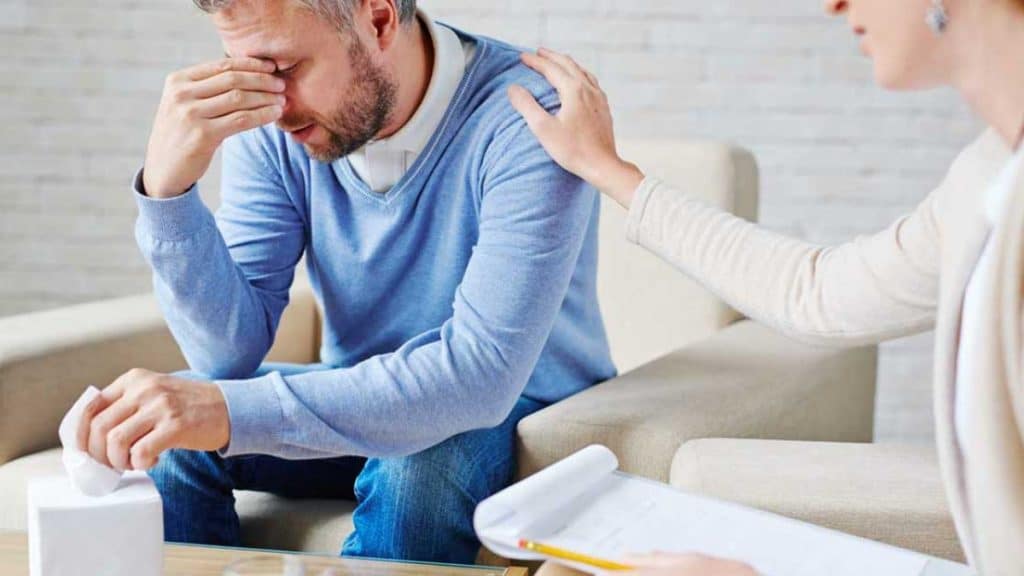Depression is a serious mental health condition that affects millions of people around the world. It can lead to persistent feelings of sadness, hopelessness, and a lack of interest in activities that once brought joy. Effective treatment is essential for managing symptoms and helping individuals regain control of their lives. This article will explore the different types of depression, common symptoms, and available treatments, including options at URP Behavioral Health.
For those seeking professional care, consider visiting a depression rehabilitation center to learn about available options.
Types of Depression
There are several types of depression, each with its unique characteristics, including:
- Major depressive disorder (MDD): Intense and persistent sadness or hopelessness lasting two weeks or more.
- Persistent depressive disorder (dysthymia): Less severe symptoms that last for at least two years.
- Bipolar disorder: Alternates between periods of depression and manic episodes of elevated mood.
- Seasonal affective disorder (SAD): Occurs during specific times of the year, especially in winter months.
- Postpartum depression: Affects new mothers, causing overwhelming sadness, anxiety, and exhaustion after childbirth.
Understanding the type of depression someone is experiencing is critical for determining the most effective treatment.
Symptoms
Depression symptoms can vary but often include emotional and physical signs:
- Emotional symptoms: Feelings of worthlessness, persistent sadness, guilt, and a loss of interest in enjoyable activities.
- Physical symptoms: Fatigue, changes in appetite, sleep disturbances, and unexplained aches or pains.
In severe cases, individuals may struggle with thoughts of self-harm or suicide, making it essential to seek help as soon as possible.
Treatment
Depression is treatable, and the most effective approaches usually combine therapy, medication, and lifestyle changes:
- Cognitive Behavioral Therapy (CBT): Helps individuals recognize and change negative thought patterns.
- Medications: Antidepressants like selective serotonin reuptake inhibitors (SSRIs) or serotonin-norepinephrine reuptake inhibitors (SNRIs) regulate mood.
- Lifestyle changes: Exercise, mindfulness, and healthy eating can also support the treatment of depression.
In more severe cases, individuals may require inpatient treatment at a depression rehabilitation center, where they can receive comprehensive care, including 24-hour support, structured therapy sessions, and medication management.
Get Help for Depression at URP Behavioral Health
URP Behavioral Health offers specialized treatment programs for individuals struggling with depression. Their comprehensive approach includes a combination of evidence-based therapies, personalized treatment plans, and holistic care options. Patients at URP Behavioral Health receive support from a team of experienced professionals who are dedicated to helping individuals navigate their mental health challenges. With both inpatient and outpatient care options, URP Behavioral Health provides flexible solutions tailored to each patient’s unique needs.
In addition to traditional treatments like therapy and medication, URP Behavioral Health incorporates wellness strategies like physical fitness programs, mindfulness practices, and nutritional guidance to promote overall well-being.
Conclusion
Depression is a challenging but treatable condition. Understanding the types of depression, recognizing the symptoms, and seeking the appropriate treatment can significantly improve an individual’s quality of life. URP Behavioral Health offers a range of services designed to support individuals dealing with depression, providing both therapeutic and holistic care. If you or a loved one is struggling with depression, consider reaching out to a depression rehabilitation center for the help and support needed to begin the journey toward recovery.

